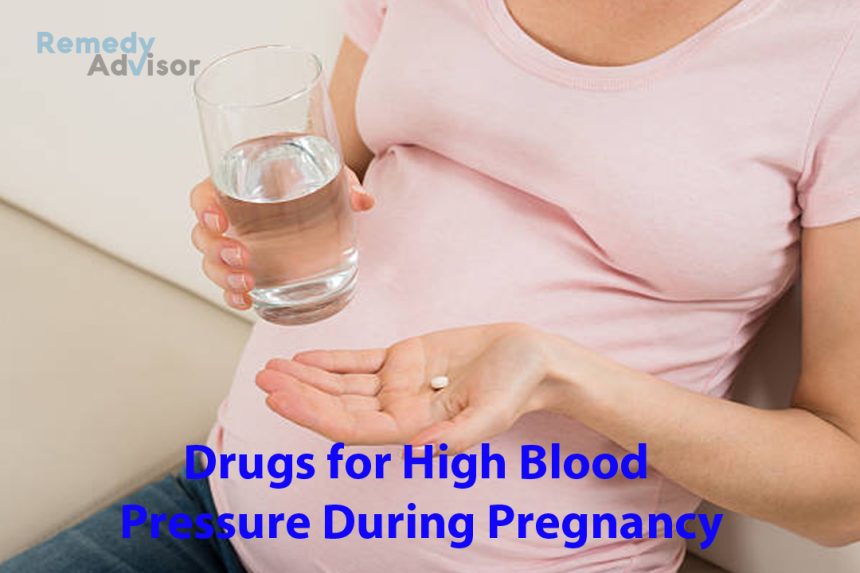Having a systolic blood pressure of 140 mmHg or more and/or a diastolic blood pressure of 90 mmHg or more during pregnancy is called hypertension. If you are pregnant or want to get pregnant and have high blood pressure, it is important to talk to your doctor about ways to control it without taking medicine. There are, however, times when antihypertensive drugs may be needed.
Preeclampsia is a condition that affects 5–8% of pregnant women. It is marked by high blood pressure and protein in the urine, and it usually shows up around week 20. It is very important for both the mother and the baby’s health to treat preeclampsia. Women with preeclampsia can get magnesium sulfate through an IV or antihypertensive drugs by prescription. Women who get gestational hypertension, or high blood pressure while they are pregnant, may also need to take medicine.
If your doctor has told you to take prescription drugs while you’re pregnant, it’s important to know that researchers have found a number of drugs that are safe to take. We’ve already talked about these medicines earlier in the chapter.
Methyldopa
This medication is usually the first choice in both the United States and the United Kingdom because it has not been shown to hurt the mother’s heart, blood flow to the uterus, or kidneys.
Labetalol
Labetalol seems to have the same effect on blood flow to the uterus as methyldopa. But if you have asthma, COPD, a heart condition, liver disease, kidney disease, or diabetes, you may need to try other medicines to control your high blood pressure. Labetalol can be taken by mouth or put into a vein.
Nifedipine
Usually, doctors give pregnant women the version of this drug that takes longer to work. However, nifedipine is not used as often as methyldopa or labetalol. It is important not to use nifedipine with magnesium sulfate because it could cause the mother’s blood pressure to drop a lot, which could be dangerous.
Atenolol (Tenormin) and clonidine
Even though these two drugs don’t get prescribed very often, they are still thought to be safe.
Hydralazine (Apresoline)
The most common way to give this medicine to women with pre-eclampsia is through an IV. If you already have coronary artery disease, rheumatic heart disease, kidney disease, or a history of stroke, your doctor may suggest a different drug to treat your pre-eclampsia.
People should stay away from medicines in the ACE inhibitor and angiotensin receptor blocker groups.







